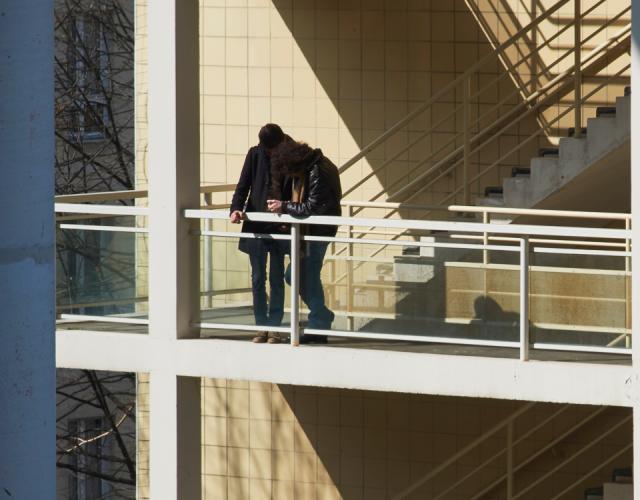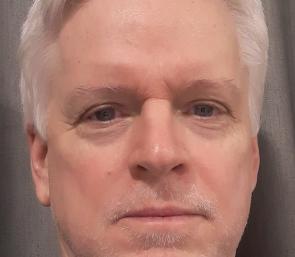
Historical double bass and violone
INFORMATIONS
-
Objectives and content
1st cycle :
Advanced training for instrumentalists :
- development of artistic sensitivity and individual and collective technical mastery
- broad cultural training in both practical and theoretical areas (complementary disciplines)
-awareness of the professional context
Deepening of technique in constant relation to musical listening, physical attitude and musicological knowledge.
In-depth study of the history of the instrument (violone, Viennese double bass also known as terz violone, double bass) through the repertoire of basso continuo, orchestra, chamber music and solo from the 17th to the 19th century.
Upper2nd cycle :
Development of artistic personality ;
Ability to design and perform a recital independently;
Ability to develop and express reflections on one's artistic practice.
Development of the ability to enter professional life.
Research and approach to a broad and personalised repertoire;
Development of thoughtful and independent artistic practice on various instruments (violone, Viennese double bass, also known as terz violone, double bass).
-
Assessment terms and conditions
1st higher cycle
final examinations
At the end of the 1st year:
- a set of works or excerpts from works chosen by the jury from a 30-minute programme drawn from the repertoire worked on by the student during the year (solo, chamber music and orchestral excerpts). This programme must be submitted to the head of department at least three weeks before the examination.
- Sight-reading of a basso continuo with preparation on the spot (approximately 5 minutes).Time allowed for the test: 20 minutes maximum.
At the end of the2nd year:
- a set of works or excerpts from works chosen by the jury from a 40-minute programme drawn from the repertoire worked on by the student during the year (solo, chamber music and orchestral excerpts). This programme must be submitted to the head of department at least three weeks before the examination.
Repertoire and Viennese chord for at least a third of the test, according to the student's choice.
- Sight-reading of a basso continuo with preparation on the spot (approximately 5 minutes).
Duration of the examination: 25 minutes maximum.
DNSPM final examination
Public examination - Duration: 30 minutes maximum
- a compulsory work; posted 6 weeks before the examination ;
- a set of works or extracts from works chosen with the teacher from the repertoire worked on by the student during the year (solo, chamber music) played on at least two different instruments.
This programme must be submitted to the Head of Department at least three weeks before the examination. Chords and instruments chosen by the student.
The HigherCycle Certificate in Historical Double Bass and Violin is awarded to students who have passed the DNSPM final examination.
The grade of the certificate is that awarded by the jury at the end of the DNSPM final examination.
2nd year recitals
1st year recital (not open to the public) :
- a concerto or a compulsory concerto movement; posted 6 weeks before the1st year recital (duration: approximately 10 minutes) ;
- Accompaniment of a vocal or instrumental piece (duration: approximately 5 minutes);
- A free piece from the repertoire for instrument with fortepiano and/or chamber music
(duration: approximately 20 minutes).
The programme for the1st year recital must be approved by the teacher, as must the instruments and chords used. It lasts approximately 35 minutes.
NB: The order in which the pieces are performed is left to the choice of the student, who will also be assessed on the composition and balance of the programme, which must cover a sufficiently wide range of styles.
2nd year recital (public) :
A free recital, lasting no more than 50 minutes (see specific technical sheet).
Awards
1st year recital: Mention Très Bien, Bien, Assez Bien or radiation.
2nd year recital: with a distinction of Very Good, Good or Fair, taking into account both the conception and the execution of the recital.
The Historical Double Bass and Violin Prize is awarded to the student who obtains an award in each of the 22nd year recitals.
The mention for the Historical Double Bass and Violin Prize is the mention awarded by the jury for the free recital in the2nd year of the2nd cycle.
-
Duration of studies
throughout the course
-
Reward
Validated
-
Erasmus
Yes

